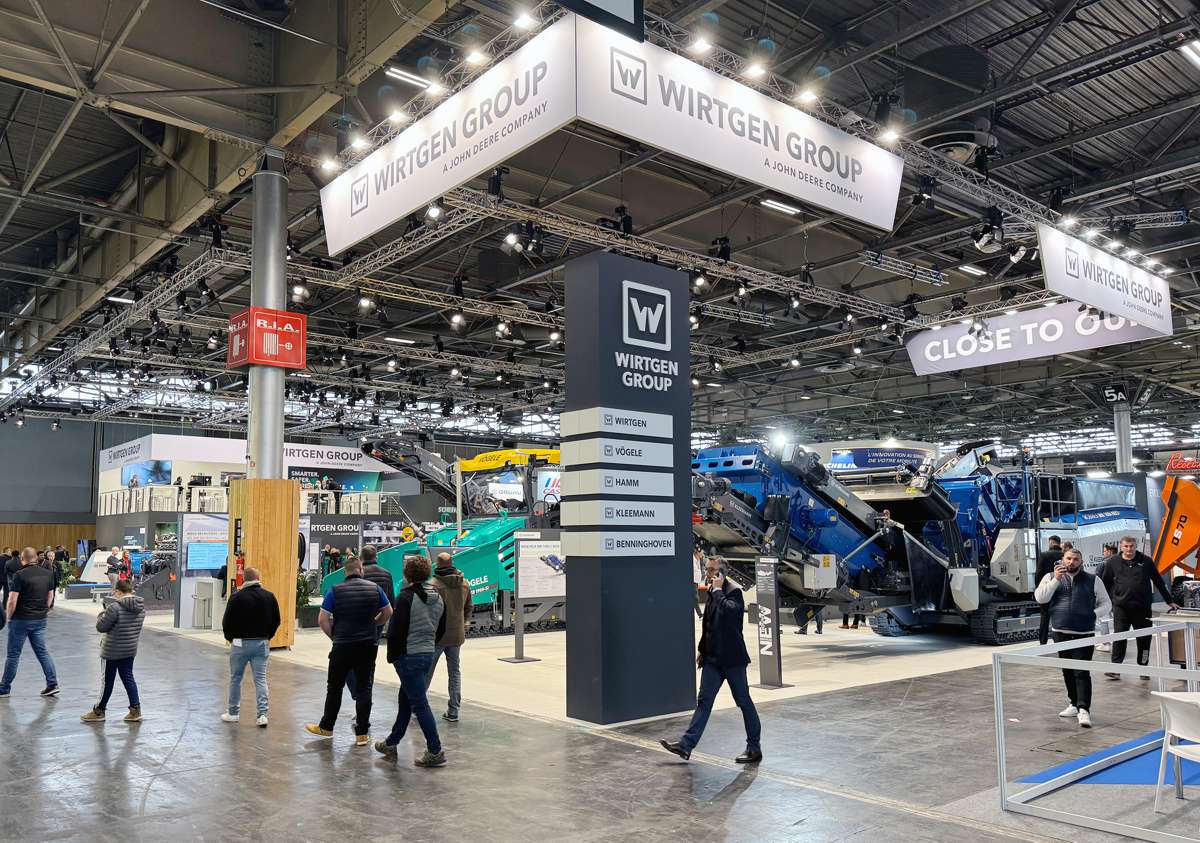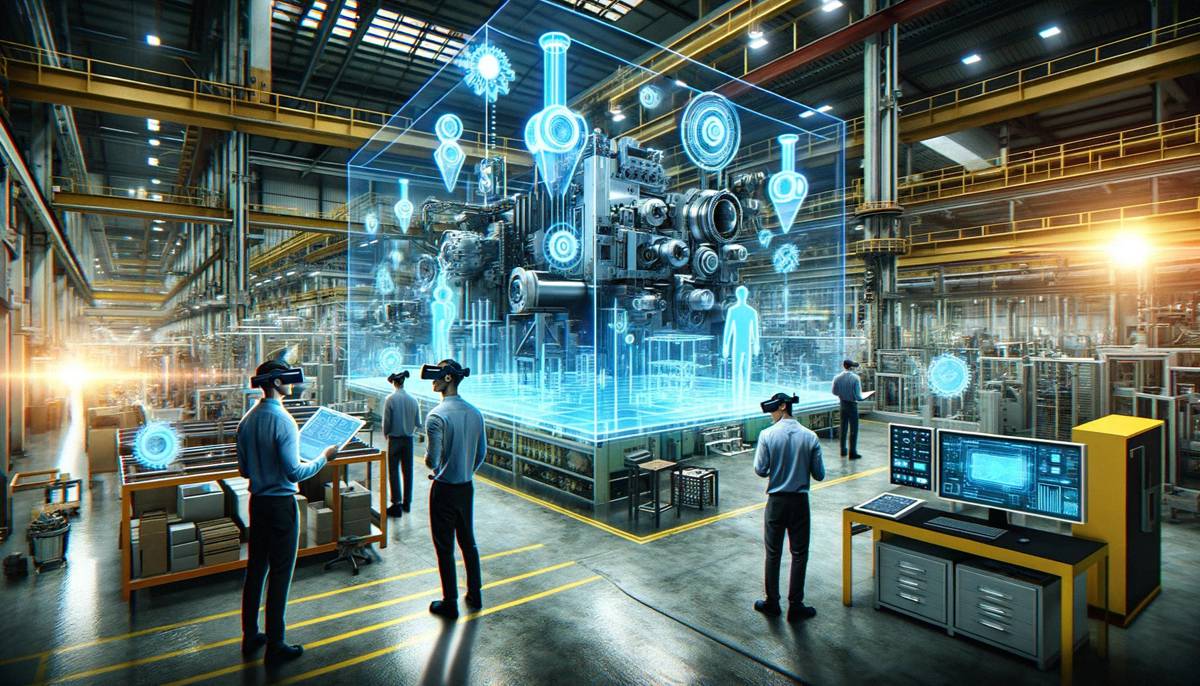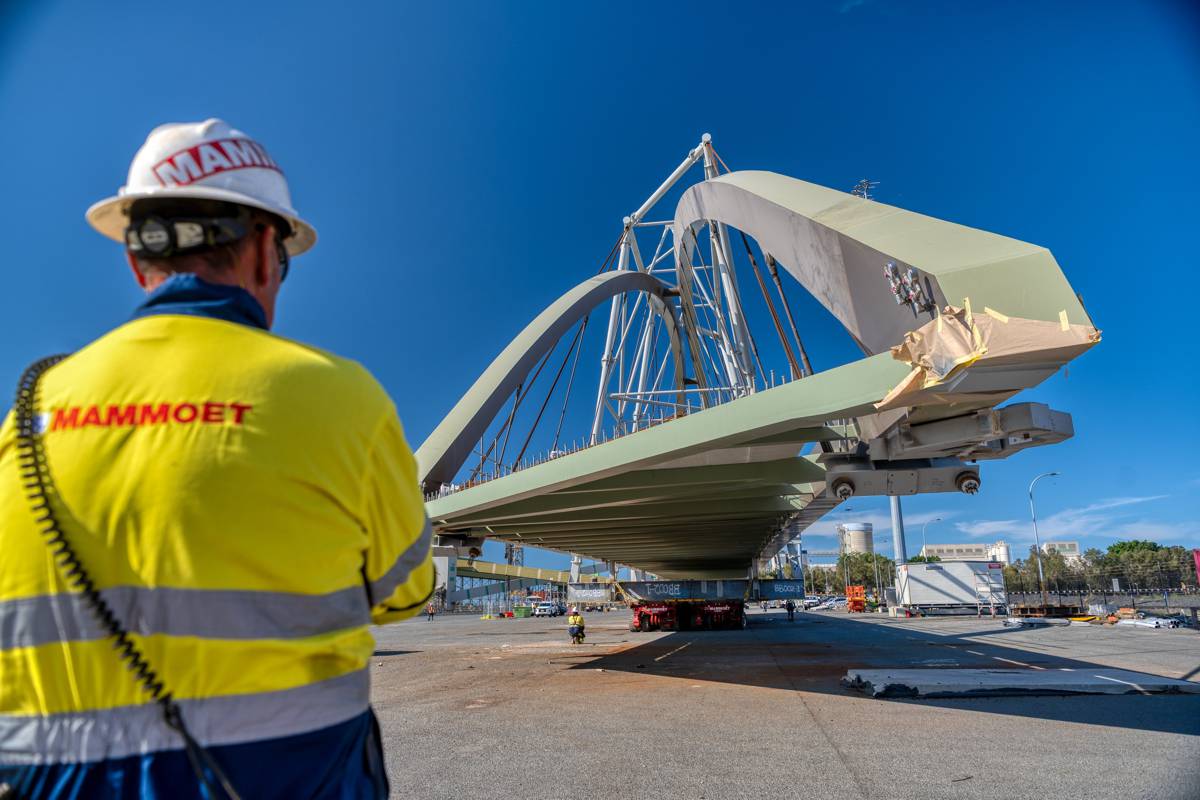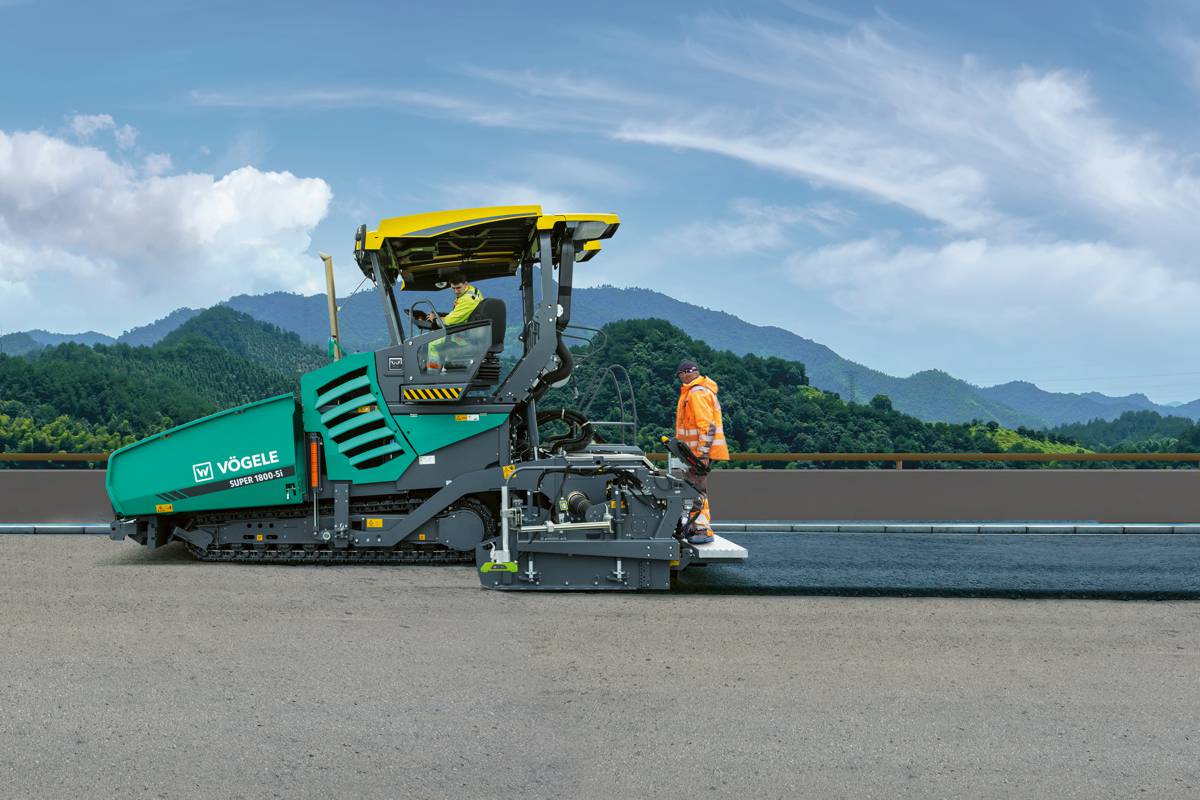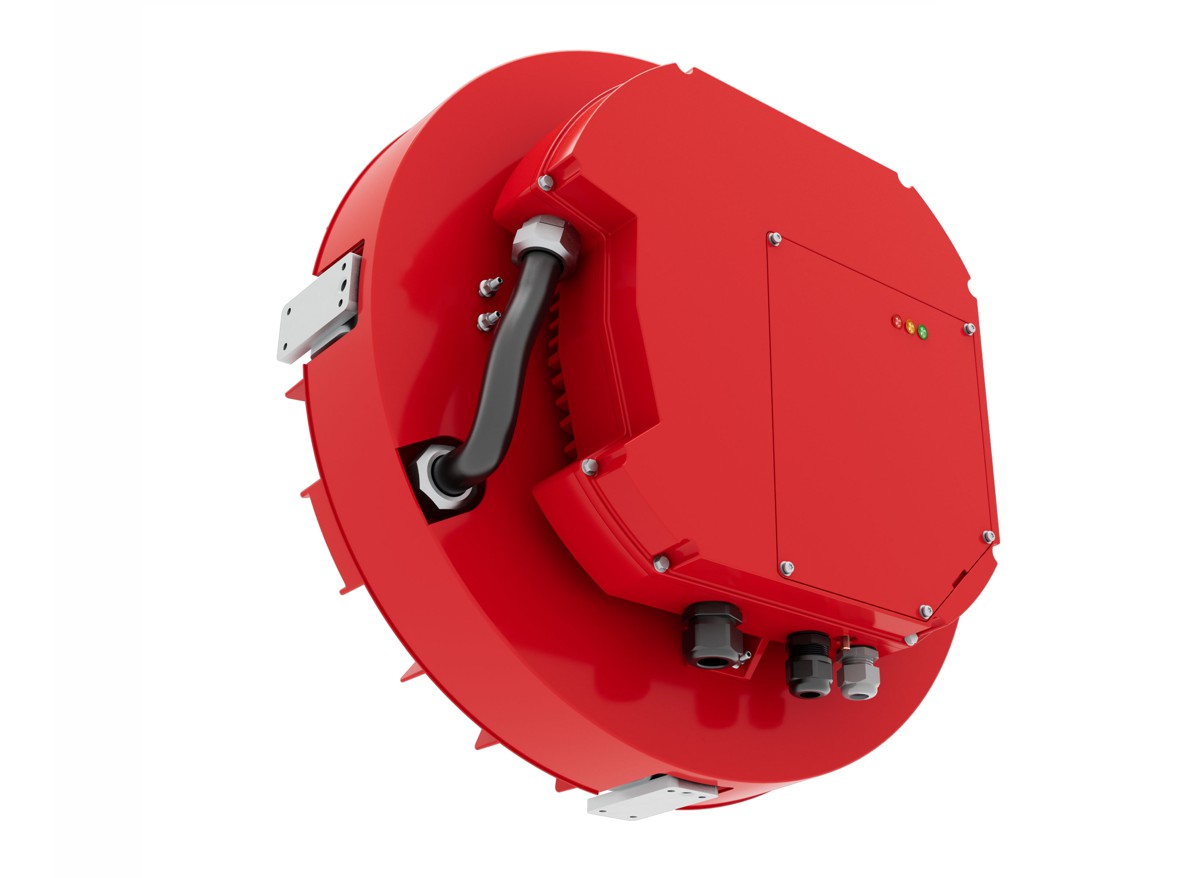Volkswagen embracing ChatGPT for Smarter and Safer Drives
In an audacious move at the CES electronics trade fair in Las Vegas, Volkswagen has steered the automotive industry towards an AI-driven future.
Their revelation? Starting from the second quarter of 2024, select car models will be equipped with ChatGPT, OpenAI’s conversational marvel. This ground-breaking initiative is not just a leap but a quantum jump for automotive technology, signalling a shift from conventional voice control to interactive, intelligent dialogue systems in vehicles.
Revolutionizing User Experience: The IDA Voice Assistant
Imagine conversing with your car as you would with a knowledgeable companion. Volkswagen’s IDA voice assistant, powered by ChatGPT, promises just that. By uttering a simple “Hello IDA” or pressing the steering wheel button, drivers can effortlessly command navigation, tweak air conditioning, manage the infotainment system, and even seek answers to general knowledge queries. It’s a seamless blend of comfort and tech-savvy, bringing the future of car interaction to the present.
Enhancing Automotive Intelligence
Volkswagen’s commitment to enhancing the driver’s experience goes beyond mere convenience. ChatGPT’s integration is expected to elevate the level of engagement between driver and vehicle, offering tailored responses and vehicle-specific information. The AI’s ability to understand and process complex queries marks a significant advancement in automotive technology, ensuring that every drive is as informative as it is enjoyable.
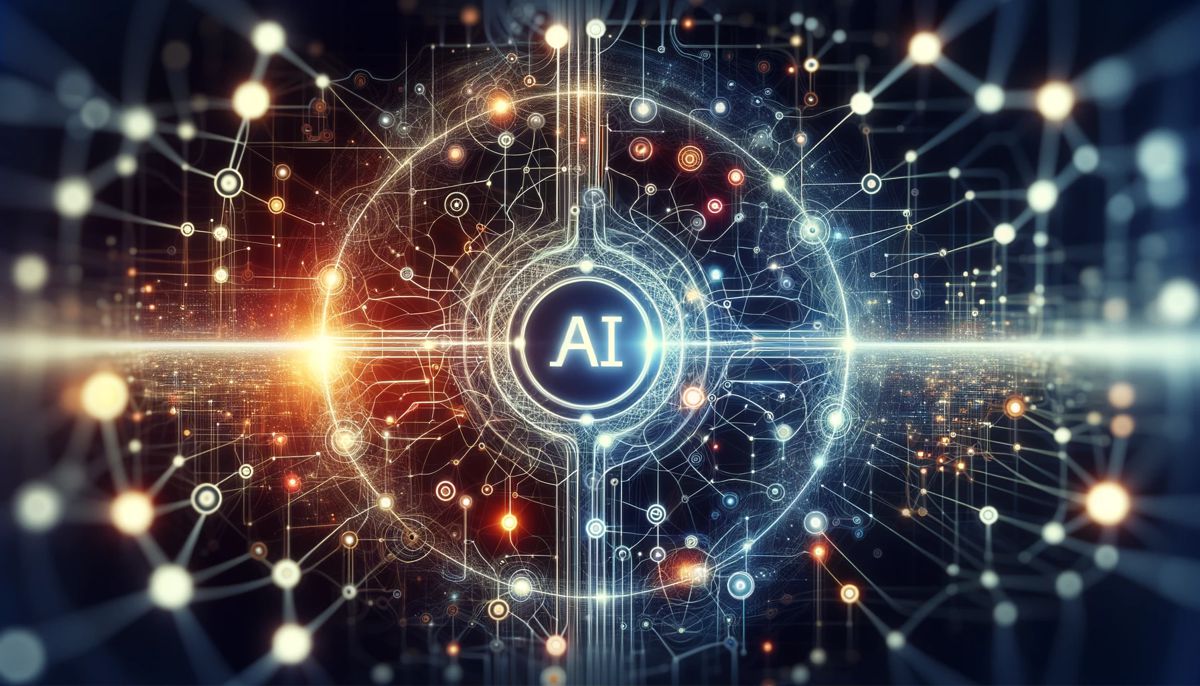
A Perspective on Security and Advancements
Dennis Kengo Oka, a senior principal automotive security strategist at Synopsys Software Integrity Group, weighs in on this development. He emphasizes the automotive industry’s shift towards a more interconnected experience, likening the transition from smart homes to smart cars. “However, these systems have been more general and often limited to supporting certain commands,” Oka notes.
Oka further explains the potential of AI in automotive applications. Drawing parallels with ChatGPT’s rapid adoption and versatility, he envisages a future where digital assistants in cars are not just an extension of the user manual but a comprehensive guide for a myriad of functions. From planning routes to integrating with smart devices, these AI models promise a more intuitive and efficient driving experience.
Navigating the Cybersecurity Landscape
However, with great power comes great responsibility. Oka highlights the importance of considering the type of training data used for these AI systems to prevent misuse. He draws attention to potential risks like unauthorized commands leading to car theft. “While deploying a digital assistant in your car would provide many benefits, it is also important to consider the risks,” he asserts.
Furthermore, Oka references the “OWASP Top 10 for LLM Applications” as a crucial resource for automotive organizations developing AI systems. He discusses various cybersecurity concerns such as Prompt Injection attacks, Sensitive Information Disclosure, Training Data Poisoning, AI Model Theft, and the phenomenon of “AI hallucinations”. These insights are vital for ensuring that the AI systems are not only efficient but also secure and reliable.

The Road Ahead: Impact on Industry and Policy
Volkswagen’s integration of ChatGPT into their vehicles isn’t just a technological advancement; it’s a trendsetter, likely to prompt other industry players to follow suit. This move could reshape the way automotive manufacturers approach in-car technology, prioritizing AI-driven interfaces that enhance user experience and safety.
For policymakers, this shift necessitates a closer look at regulations surrounding AI in vehicles. Ensuring that these technologies are safe, secure, and do not infringe on user privacy will be paramount. The balance between innovation and regulation will be a delicate one, requiring continuous dialogue between automakers, tech companies, and regulatory bodies.
Upgrading the future
Volkswagen’s announcement is more than just an upgrade in car features; it’s a testament to the ever-evolving relationship between technology and everyday life. As we gear up for this new era of smart vehicles, it’s clear that the journey towards an AI-integrated future is not just exciting but also filled with challenges and opportunities. For drivers, industry stakeholders, and policymakers, the road ahead is as promising as it is daunting, marked by the tireless pursuit of innovation balanced with responsibility and foresight.
Volkswagen’s ChatGPT-powered vehicles are set to change the driving experience, making it smarter, safer, and more seamless. The automotive world is eagerly watching as Volkswagen drives us into the future, one conversation at a time.




